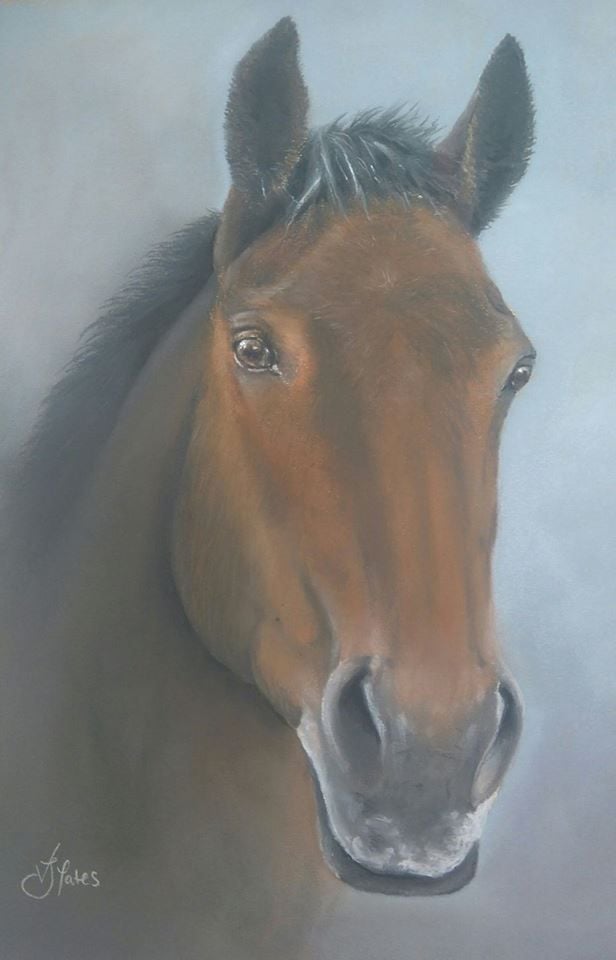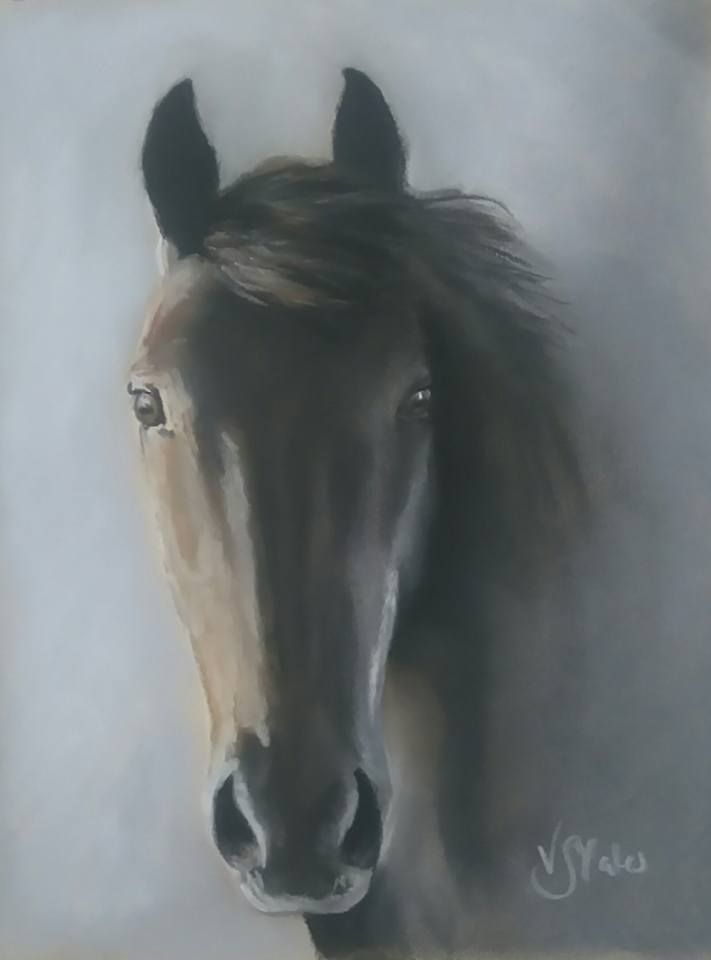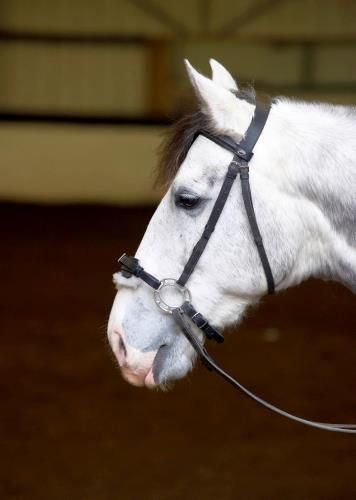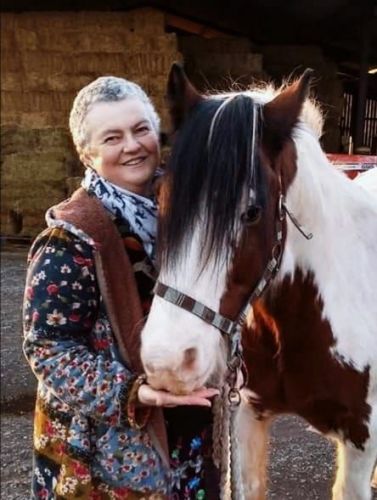Emotion and Inner Love
Posted on
You can’t convince me horses aren’t emotional. When I look into the eyes of a horse I see its spirit, soul a friend looking back at me. Not all wounds are obvious, horses experience emotional trauma, distress, pain and a very wide range of feelings. To me horsemanship is about listening, understanding, being supportive, caring and being gentle with the emotions of the horse.

This interactive article is inspired by my once in a lifetime, soul companion horse Merlot. The very first day I met my Merlot I saw his spirit, soul and his troubled mind, I felt the fear, the anxiety and the emotional pain. His inner love had been beaten into hiding by abuse from the hands of the previous owner. He had spent so many years in negative emotional states of mind. Especially Fear. It was easy for him to get angry, sad, depressed and frightened. Anger clouds the mind. He had been stuck in this negative state so long it must have felt normal and that is all there is to life. I knew it is not. He was meant to live as all living creatures to experience positive feelings like joy, love, bliss, calmness, contentment, peace and courage. He was stuck in a terrible unchangeable past memory. He was a victim of his mind focusing on this tragic past and looking back is no good unless it is a good view. The key was to help him move forwards. My job was to lead him to a peaceful place to help him clear his mind and with my love restore his vision to see a better life. It was about showing him what he was capable of doing, building on achievements, self-worth and dignity. A positive outlook and a negative mind set determine if you view yourself as a hero or a victim. Helping Merlot have a positive outlook on life was going to move him from feeling a victim and help him blossom into a hero.
Love knows no boundaries between species. I know that because of the love I have experienced with other animals such as with my dogs and cats and other horses. I knew the love was in Merlot but buried deep. That first day we met the emotional balance, harmony and wellbeing every living thing needs to thrive was missing for Merlot. The emotional place he was in was terrible. He had not shut down completely, many horses do. Merlot still communicated mostly expressing negative emotions, pain, fear, anxiety, stress, and sadness. I listened and heard a horse wanting help. I experienced a very powerful connection instantly with Merlot. I felt and understood his emotional pain. This was the pull, the reason I had to have this horse.
Rose tinted glasses? No. This was never going to be an easy horse. Or a quick fix. I knew that from day one. I knew I was taking on a challenge, a horse that would develop my horsemanship. What I didn’t know was how much. Being able to read emotion in horses is equine empathy. In the language of the herd you will see horses communicate with emotions. They form bonds and express love to one another. Bond and love between horses can be witnessed in many situations. Notice how a pair bond can be perfectly happy standing side by side doing nothing, peaceful and content. Horses grieve the loss of a loved one. Love can be seen in joyful play. Shared love brings peace of mind, harmony and awakens the soul. In the herd love brings balance, stability, harmony, and order. Look closely and you will see love in the herd in so many ways. Horses understand human love and kindness and enjoy receiving it. Horses are also able bond with and love humans. Love crosses species.
Merlot had built up walls to protect himself and the best form of defence is attack. Love was still in there but it was being protected behind a huge thick wall. My job was to help Merlot take down those walls brick by brick so eventually he could be free. The five foundation stones of bond, mutual trust, mutual respect, focused time and enjoyment were my tools. To love Merlot, a horse with huge issues was to love unconditionally and this awakened my soul to a life of greater meaning.
Love not force is what enables a magical connection
Caring about how your horse feels, its emotions and what it thinks about your relationship is a huge part of shaping up how you approach your horsemanship. Many horses are very well cared for with huge piles of rugs, lotions and potions, grooming products galore, regular complimentary therapy treatments, the very best vet care, dry warm stable, plenty of food and fresh water etc…these take care of the horse’s physical needs, sadly the horse may not even need, want or enjoy some of this human pampering. I get called out as a last resort to horses that have had every physical check carried out, the horse is deemed free of any physical discomfort and made to measure tack purchased etc…but the horse still has huge issues. When a horse is not emotionally balanced problems or unwanted behaviour is the end result. These are loved horses with every possible physical need met. The human is often at a loss when I talk about meeting equine emotional needs. Teaching people this helps resolve the issues and build a strong relationship. It is essential your horse is physically cared for but just as important is that show you care about your horse’s emotional needs and meet them.
When I first purchased Merlot I made sure all physical checks were done and corrective measures taken, but most of Merlot’s problems were on an emotional level. He had a tangle of emotions fear, anxiety, stress, memory of pain, distrust, no respect, anticipation of force and abuse, anger, frustration, etc… To move forward was about these being a high priority. The tangle of his emotions was the bricks in his wall that love and emotional harmony was locked behind. Each well cemented in place. With this tangle of emotion you have to slowly chip away those bricks. The chipping away chisel is the language of the herd, horsemanship. The hammer you hit the chisel with is love. Love is the power. Love and language of the herd is the force that breaks down the barriers. You need both without either you are lost. The language of the herd is underpinned with open honest dialogue, empathy and understanding. Love enables you to be caring, kind, receptive, soft and compassionate. Place emotional wellbeing, love, enjoyment and happiness at the heart of your relationship and horsemanship and the magical connection you seek will open up before you. With emotionally damaged horses this will take considerable time and industrial quantities of patience. No quick fix or force will ever achieve this.
There are so many lessons my Merlot taught me. This is just one, I will try to share freely with you as many as I can. I hope you enjoyed reading this. If you want to leave feedback please use the on-line form below.


